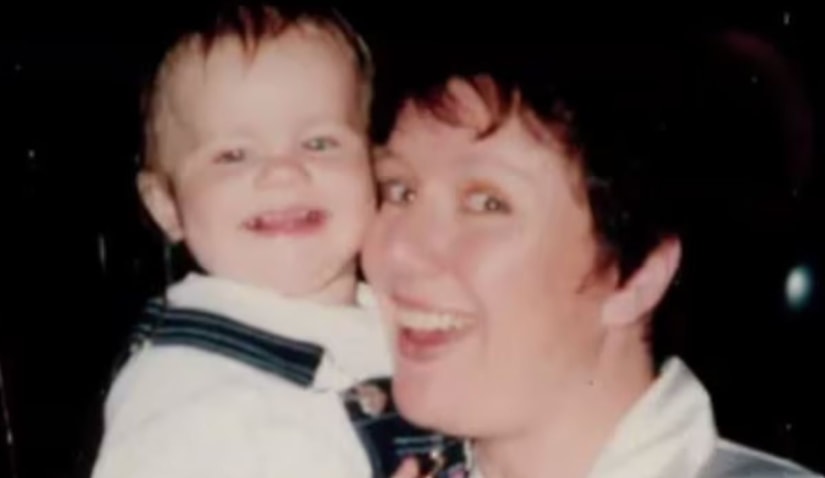Powered by MOMENTUM MEDIA
Appearing alongside fellow advocates, the Australian Academy of Science’s CEO said Kathleen Folbigg’s 2022 inquiry and pardon were a “fantastic demonstration” of how science and law can work together.

At an event held by The Royal Society of Victoria, the academy’s chief executive, Anna-Maria Arabia, said that while the legal system is currently unequipped to keep up with the pace of science, Folbigg’s matter over the last few years has demonstrated it is capable of adjusting.
Folbigg’s 25-year conviction for the murder of her four children was quashed by Chief Justice Andrew Bell, Justice Julie Ward and Justice Ian Harrison in December 2023, following years of campaigning by a group of people who called themselves “Team Folbigg”.
This team – made up of scientists, lawyers and Folbigg’s loved ones – made sure the media, politicians and the public knew Folbigg’s children were killed as a result of the CALM2 G114R mutation.
Not only did the Australian Academy of Science advocate alongside the team, but it also played a vital role as an independent scientific adviser during former chief justice Tom Bathurst’s 2022 inquiry.
Arabia said it was likely the first time in the world that a scientific body had been asked to lend a hand to counsel assisting in a case concerning an individual’s criminal conviction.
The academy also assisted in having Danish research scientists – and the co-authors of an article into the mutation – Professor Michael Toft Overgaard and Professor Mette Nyegaard give evidence.
Arabia said their evidence was one of the “most extraordinary demonstrations” she had ever seen and would “go so far as to say it should be compulsory viewing” for law and science students.
Looking forward, Arabia said Folbigg’s case demonstrated the need for three key areas of law reform, starting with the adoption of a reliability standard to determine the admissibility of evidence.
She added there should also be mechanisms for the selection of experts by independent and reliable sources, much like the role the academy played during former chief justice Bathurst’s inquiry.
Finally, the case demonstrated the need for a post-appeals review mechanism, such as the Criminal Case Review Commission.
Tracy Chapman, a long-time friend of Folbigg, said she hoped the case inspired others to “adjust your own worldviews” and to expand the concepts of caring to “encompass many other things”.
In opening on Wednesday night, Chapman said a quote by former justice Michael Kirby had stuck with her for years: “The desire of human minds for neatness and finality is only sometimes eclipsed by human minds for truth and justice.”

Naomi Neilson is a senior journalist with a focus on court reporting for Lawyers Weekly.
You can email Naomi at: